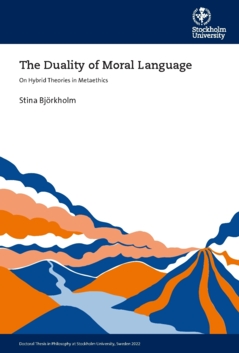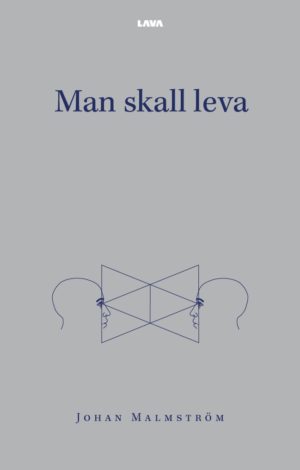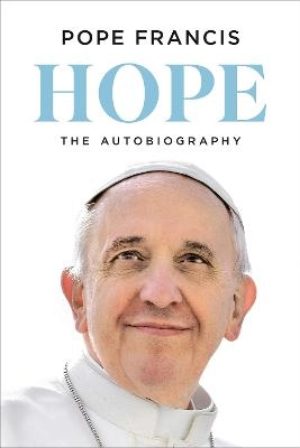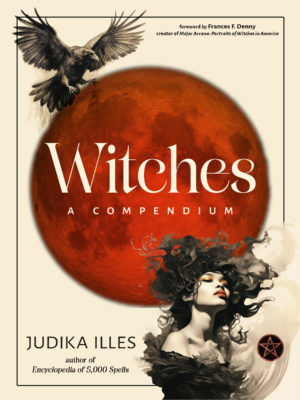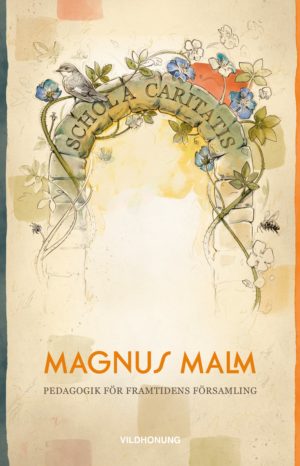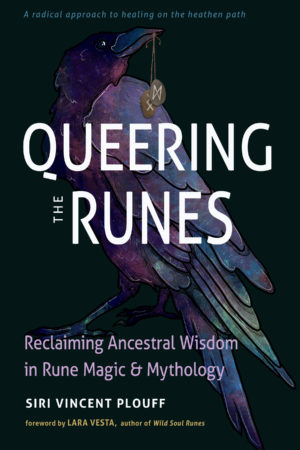In this thesis, I investigate the descriptive and the practical aspects of moral language. Hybrid theories maintain that utterances of moral sentences have both a descriptive and practical linguistic function. The thesis includes an evaluation and criticizm of several existing hybrid
theories. I also develop and defend a new hybrid theory called ‘dynamic descriptivism’, and argue that it accommodates the duality of moral language. The thesis also includes a discussion of a problem which has affected a wide range of theories of moral language (including existing hybrid theories) which is the problem of explaining what it is that interlocutors disagree about when they disagree about matters of morality. I argue that that dynamic descriptivism offers new
resources for solving this problem.
This is a doctoral thesis in Philosophy at Stockholm University, Sweden 2022.
